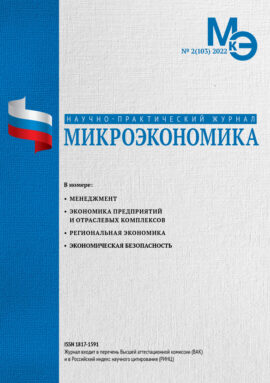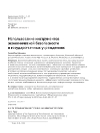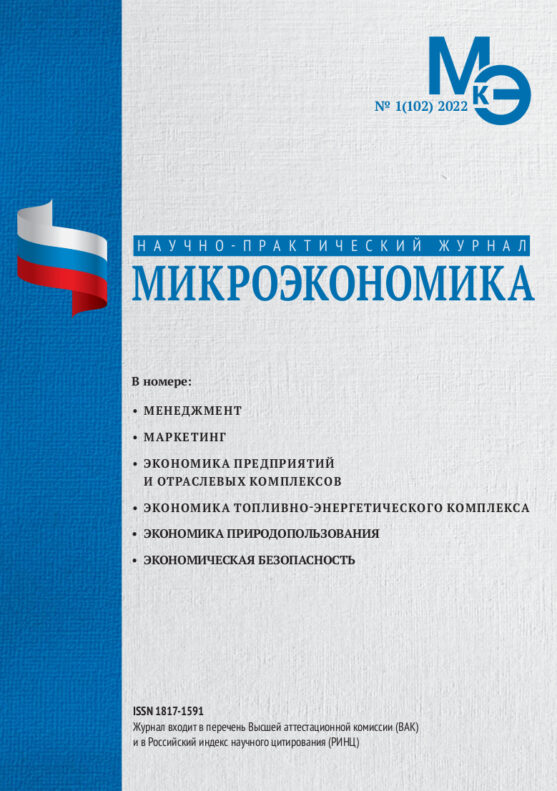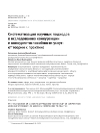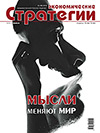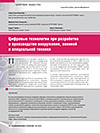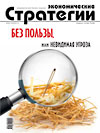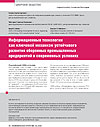Use of economic security tools in public institutions
DOI: 10.33917/mic-2.103.2022.91-97
Economic security is a complex system, since it includes all aspects of management aimed at preventing crises and bankruptcies, as well as other negative phenomena that affect the stability of the state of any economic entity. At the same time, a significant role of economic security belongs to state institutions, which, like commercial ones, conduct their activities in the conditions of instability of the external environment. The article provides a comprehensive analysis of the features of economic security in state institutions, examines the tools that ensure it, identifies the areas of security and their impact on the functioning of modern state institutions. It is concluded that public institutions need to effectively build the system under consideration, which includes personnel, financial, resource and information components.
References:
1. Federal Law «On Security» dated December 28, 2010 N 390-FZ (last edition). URL: http://www.consultant.ru/document/cons_doc_LAW_108546/
2. Kuznetsova E.I. Economic security: textbook and workshop for universities / M.: Yurayt Publishing House, 2018. 294 p. (In Russ.).
3. Sergeev A.A. Economic security of the enterprise. Moscow: Yurait Publishing House, 2019. 273 p. (In Russ.).
4. Bezverkhova E.N. Economic security of the enterprise: essence and factors [Electronic resource] / E.N. Bezverkhova, I.N. Guba, A.K. Kovaleva // Scientific journal of KubSAU. 2018;104(08). URL: https://kubsau.ru
5. Bogomolov V.A. Economic security / V.A. Bogomolov. – 2nd ed., revised. and additional M.: UNITI-DANA, 2018. 188 p. (In Russ.).
6. Goncharenko L.P. Economic security: textbook. allowance / L.V. Goncharenko, F.V. Akulina. – 2nd ed., revised. and additional M.: Yurait Publishing House, 2018. 340 p. (In Russ.).
7. Zhilov A.P. Features of the formation of a system for ensuring economic security in commercial enterprises // Scientific journal «Socio-economic phenomena and processes». 2018;4(060):63-68. (In Russ.).
8. Mantusov V.B. Economic security: textbook / V.B. Mantusov N.D. Eriashvili. 4th ed., revised. and additional M.: Yurait Publishing House, 2017. 567 p. (In Russ.).
9. Stepichnaya O.A. The main function and threats to the economic security of the enterprise / O.A. Stepichnaya, V.V. Chernova, M.A. Kolesnikova // Scientific journal «Socio-economic phenomena and processes». 2017;9(011):113-125. (In Russ.).


